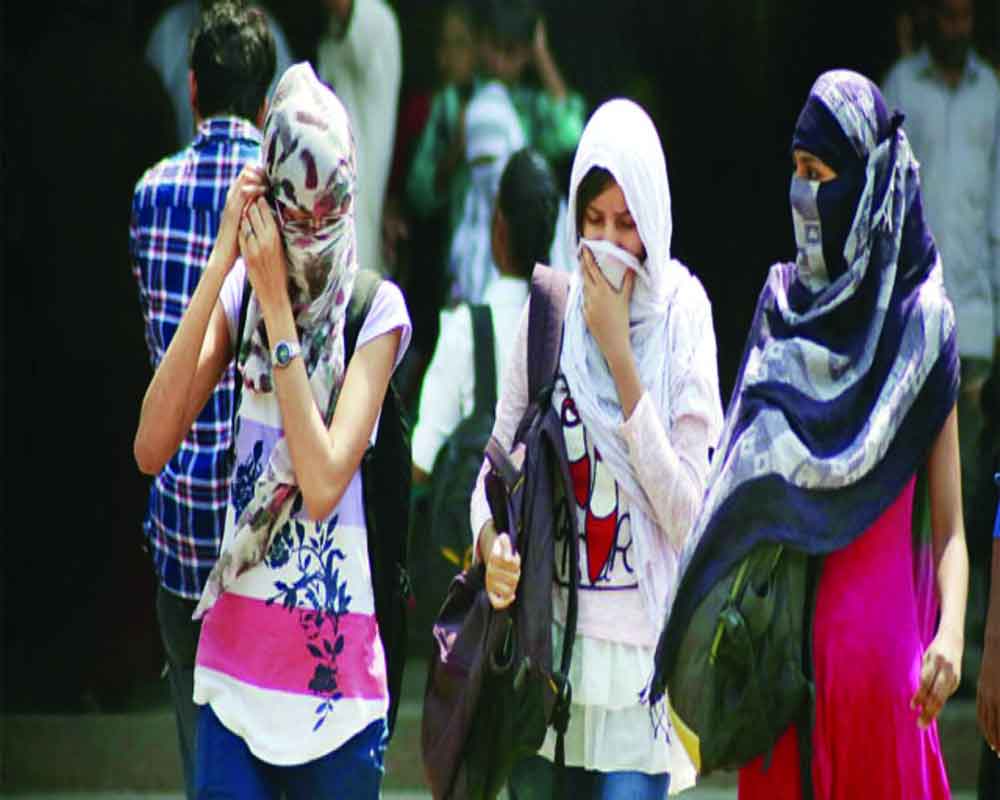Like with the pandemic we need a plan to live with excess heat
The last two days have brought a brief respite from the scorching summer heat. Normal summer day temperatures of 40-41 degrees Celsius seem pleasant in face of the 45+ degrees we saw in the previous fortnight. Global attention is at present on South Asia for the unheard-of temperatures since April 28. Some satellites have indicated that land surface temperature in some parts of India, like Rajasthan, may have recorded up to 60 degrees Celsius. Pockets in northwest India have raised concerns following the extreme temperatures hitting the region. The European Space Agency also recorded 55+ degree temperatures here. The Indian Meteorological Department, however, terms the figures alarmist and says unconfirmed data can create unnecessary fears. But if the temperatures have gone beyond 45 or even 47 degrees, it does not matter, does it? The heat has extracted its pound of flesh already. Scientists will now begin to quote the Intergovernmental Panel on Climate Change that predicted that South Asia will experience frequent and intense heat. Our scientists tell us the extreme heat is abating because some regions might experience light rain in the coming days. The government has done its job of issuing a formal advisory to the States to review healthcare facilities to handle heat-related illnesses.
We are told that exposure to consistently high temperatures can cause muscle weakness and cramps, rapid heartbeat, shallow breathing, nausea, and vomiting. Children may refuse to eat food, feel lethargic, and experience dry eyes. It is called heat stress in medical jargon. What about the larger issue of heat stress adversely affecting productivity and eventually, the economy? This has been happening in India during critical summer weeks every year, but we are now being forced to think of long-term plans to live with heat stress in the same way we have learnt to live with the Covid-19 pandemic. Life-style and work changes are a must to protect the health of workers and importantly, minimise loss of man-days. We may lose five per cent or more of total working hours when it is too hot to work or the heat slows down the pace of work. In India, we will have collateral issues to deal with. Heat stress compounds the situation when the workers already suffer from irregular employment, unorganised labour, and the absence of social security. Agriculture, construction, and textile workers will be the worst affected along with those engaged in tourism, transport, municipal and public works, and deliveries. Older workers may have to optout of work in the summers because of low physiological levels.The story is the same for students, especially in north India where the summer breaks are May-June rather than April-May. We have to make work and study alignments, change working hours, in fact, re-design how we function in the season. Morning shifts can begin early to wind up by noon. The rural economy and the manufacturing
sectorwill need structural transformation. We have to start planning now.


























